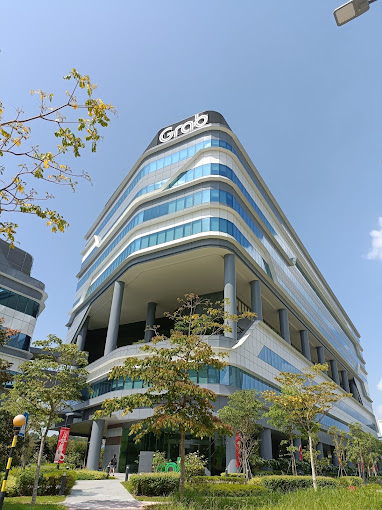Grab Lays Off 1,000 Jobs In Move To Manage Costs
The tech industry has been undergoing massive layoffs over the past few months as companies struggle with consumer behaviour changes and an uncertain economy.
Recently, Grab revealed that it is slashing 11% of its workforce in what is the firm’s biggest job cut since the pandemic.
In an effort to manage costs and ensure sustainability, Grab Holdings, which is based in Singapore, is cutting 1,000 jobs.
According to a report by Reuters, this move is to ensure it is able to provide more affordable services in the long run.
Grab CEO informs employees of job cuts via letter
Grab Holdings CEO Anthony Tan communicated the axing of 1,000 jobs in a letter to employees late Tuesday (20 June).
He acknowledged that the cuts, which make up about 11% of its current workforce, are the biggest since the start of the Covid-19 pandemic in 2020.

Source: Google Maps
However, Mr Tan noted that the cuts are not meant to be a “shortcut” to more profits.
Rather, they are a strategic move to adapt to current market environments.
Advancements in technology caused cost of capital to increase
Highlighting that technology such as generative artificial intelligence (AI) is quickly evolving, Mr Tan noted that “change has never been this fast.”
As a result, Grab’s cost of capital has risen, which has a direct impact on the competitive landscape.
“We must combine our scale with nimble execution and cost leadership, so that we can sustainably offer even more affordable services and deepen our penetration of the masses,” wrote the CEO.
Mr Tan added that Grab has managed its costs and is on track to hit its breakeven targets this year.
He projected that to be the outcome even without the layoffs.
Echoes regional layoffs in similar companies
Following the announcement, Grab’s shares rose by about 4.7%, Bloomberg reported.
Headquartered in Singapore, Grab’s “superapp” offers ride-hailing services on top of delivery and financial offerings.
It has been operating in Southeast Asia since 20212.

Source: Google Maps
Currently, its operations cover Singapore, Malaysia, Indonesia, the Philippines, Thailand, and Vietnam.
This echoes a similar move that GoTo, the Indonesian firm that operates the Gojek ride-hailing app, undertook last year.
It had cut about 1,300 jobs, reported Reuters.
Have news you must share? Get in touch with us via email at news@mustsharenews.com.
Featured image adapted from TechCrunch.








